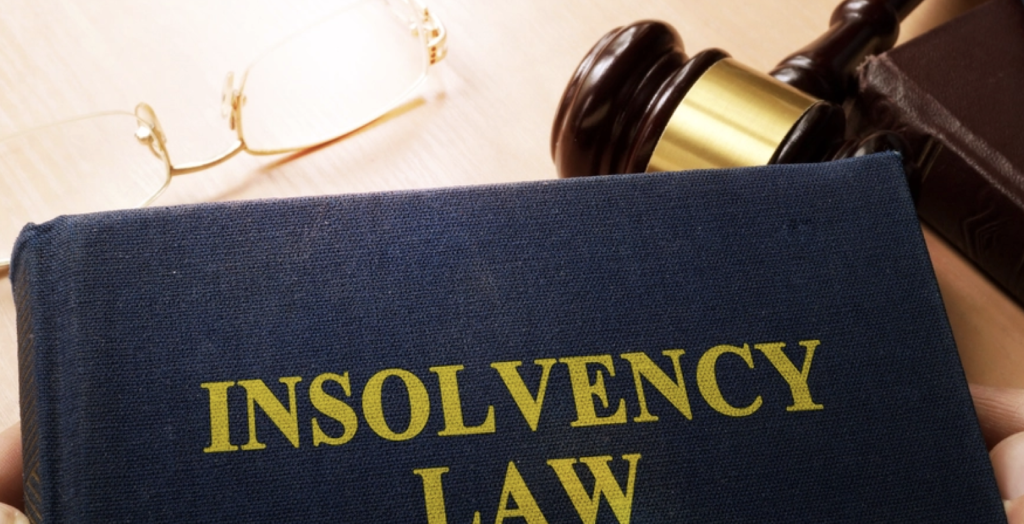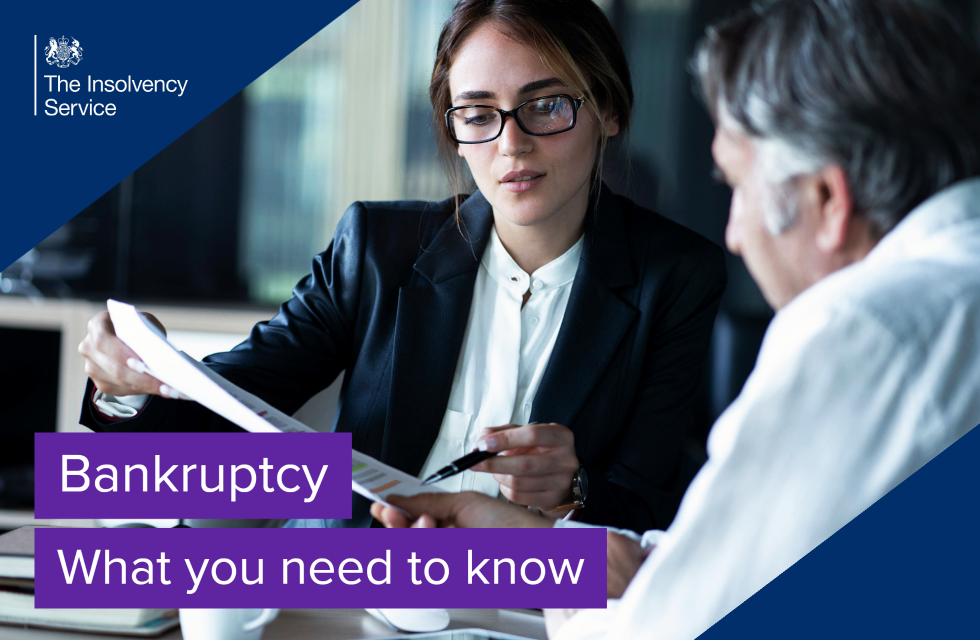Insolvency Practitioner - Questions
7 Simple Techniques For Insolvency Practitioner
Table of ContentsSome Ideas on Insolvency Practitioner You Should KnowWhat Does Insolvency Practitioner Do?The Buzz on Insolvency PractitionerInsolvency Practitioner Fundamentals ExplainedThe Basic Principles Of Insolvency Practitioner Little Known Questions About Insolvency Practitioner.Our Insolvency Practitioner PDFs
Insolvency is when obligations are higher than the worth of the company, or when a debtor can not pay the financial debts they owe. A business can come to be bankrupt as a result of a variety of circumstances that bring about bad cash flow. When faced with insolvency, a service or person can call financial institutions straight and restructure financial obligations to pay them off.Insolvency can cause bankruptcy proceedings, in which lawsuit will certainly be taken against the bankrupt individual or entity, and assets may be liquidated to pay off arrearages. Local business owner might get in touch with financial institutions straight and restructure financial debts right into even more convenient installations. Creditors are typically responsive to this method because they intend to be paid back and prevent losses, also if the settlement gets on a postponed routine.
Insolvency Practitioner Can Be Fun For Everyone
The owner develops a proposal outlining just how the financial debt may be reorganized utilizing expense reductions or various other strategies for support. The proposition shows lenders how business might generate enough cash money flow for rewarding procedures while paying its financial obligations. Normally, a forgiven debt might be thought about income by the Irs (IRS).

What Does Insolvency Practitioner Do?
The company might finish up paying big quantities of money in damages and be not able to proceed operations. When procedures stop, so does the firm's earnings. Absence of income results in unsettled bills and lenders requesting money owed to them. Some firms end up being insolvent since their items or services do not advance to fit customers' altering demands.
Costs exceed earnings and bills stay unsettled. Kinds of insolvency include cash-flow insolvency and balance-sheet insolvency. Cash-flow insolvency takes place when a company has the properties to cover their financial obligations but they are in the incorrect kind, such as realty rather than fluid funds. Balance-sheet insolvency, on the other hand, shows a lack of possessions in any type of type to cover financial obligations.
The internal revenue service states that a person is bankrupt when the complete obligations surpass complete assets. A bankruptcy, on the other hand, is a real court order that portrays exactly how an insolvent person or organization will certainly settle their creditors, or exactly how they will certainly market their properties in order to make the payments.
The Best Guide To Insolvency Practitioner

Financial debt debt consolidation is when you combine numerous lendings right into one brand-new funding, usually to attain much better terms. Bankruptcy is not the like personal bankruptcy, although a business that has actually ended up being financially troubled might file for insolvency. Insolvency is the state of not being able to pay your responsibilities while insolvency is a lawful process to release your debts.
Comprehending the variables that can cause bankruptcy, such as overspending, can aid you prevent insolvency and its effects.
The Definitive Guide to Insolvency Practitioner
It is well understood that directors and policemans of corporations (and managers of limited liability companies) owe fiduciary responsibilities to their organizations and their investors (or participants). These fiduciary responsibilities are specified by state laws and, though there are variations from state to state, they usually include an obligation of commitment and an obligation of treatment.
The task of treatment needs supervisors and officers to exercise persistance, to make enlightened choices, and to act in good faith so that their activities remain Find Out More in the most effective rate of interest of the firm. Past the extent of this discussion, some states allow these tasks to be limited either by so noting in the organizational papers or complying with various other requirements.
Some Ideas on Insolvency Practitioner You Should Know
Many states define bankruptcy in two methods( 1) when a company's obligations come to be more than the sum of its assets or (2) when the company becomes incapable to pay its debts as they come to be dueand accept both meanings (Insolvency Practitioner). The change in responsibilities occurs due to the fact that when a company is bankrupt, there is no worth in the business beyond that owed to the firm's lenders so that the equity holders no much longer have a financial stake in the business
Take care regarding providing shareholders advantageous treatment at the expenditure of lenders (e.g., licensing and moneying a returns or a supply redemption). Take care about advantageous therapy between classes of investors. Clear up efforts to find out all the facts before taking a particular program of action; directors should truly believe that any kind of decisions made remain in the best passions of the corporation in its entirety (i.e., decisions will be reviewed in knowledge taking into account the impact of such actions on the company).
In any type of bankruptcy or insolvency case, repayments made to particular lenders at the expenditure of other useful source financial institutions can be clawed back, particularly if there is some connection between the business and the creditor. Take into consideration suggesting at a yearly investor meeting (or any type of other conference of stockholders) a resolution attesting that all previous service choices and actions taken by the supervisors and officers of the firm were absorbed excellent confidence after a workout of practical care.
A Biased View of Insolvency Practitioner
Fully reveal any type of individual or organization partnerships with celebrations on the various other side of transactions entailing the firm to stay clear of the look of a problem of passion. In examining prospective fund increasing deals or a sale of properties of the distressed firm, understand that these deals Insolvency Practitioner may be scrutinized later on taking into account any type of succeeding development of supervisors' fiduciary responsibilities to consist of creditors.